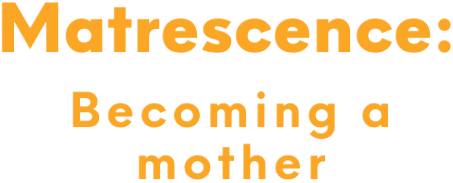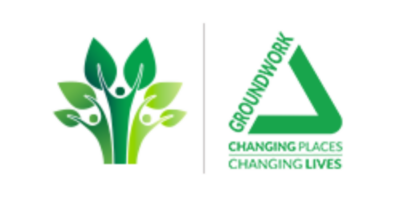When Maggie Gordon-Walker became a mum she felt isolated and lonely. She realised there were others who felt this way; who wanted to talk openly and honestly about their dreams and hopes, as women, as well as mothers.
‘When I gave birth to my first child, I felt cut off from reality, my mind foggy after the epidural. The midwife said, ‘Let’s get Mum up to the ward’ and I genuinely thought, ‘my Mum’s not here, is she?’ I couldn’t get my head round the fact that I was ‘Mum’.
I cried privately every day, but gave the impression everything was fine. I felt like I was failing, but not enough to be flagged up with post-natal depression (PND). What would that mean anyway? Might my baby, that I loved so very much, be taken away from me?’
Just like entering adolescence, when entering matrescence a new identity emerges. Many women feel there is no language to describe the immense change they experience in their bodies, minds and role in society when becoming a mother. The existing term ‘post-natal depression’ paints this seismic shift in purely negative, medical terms.








